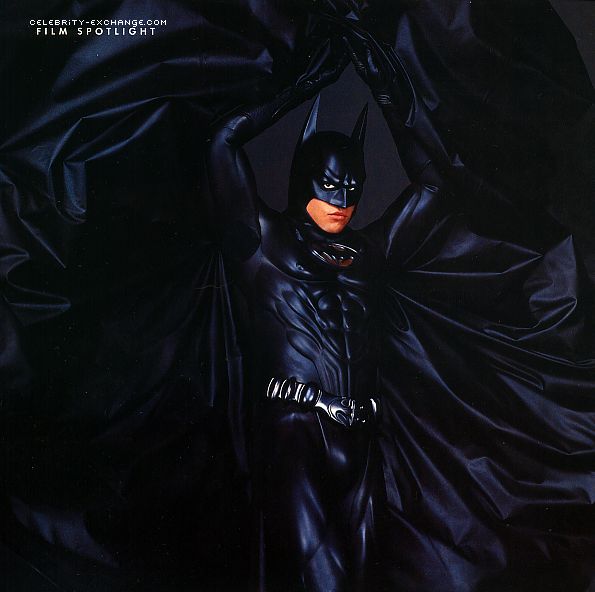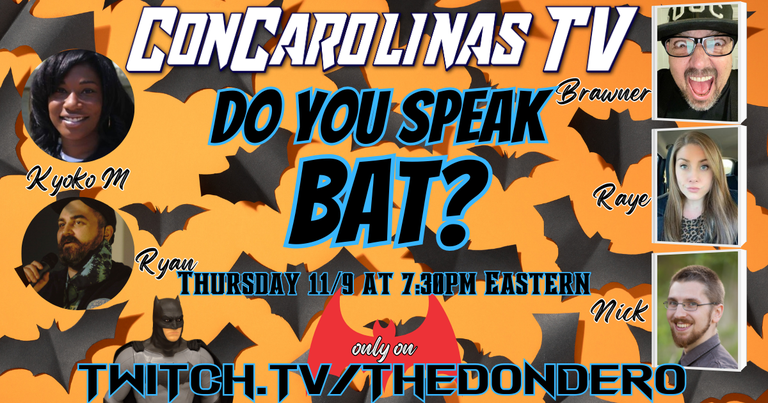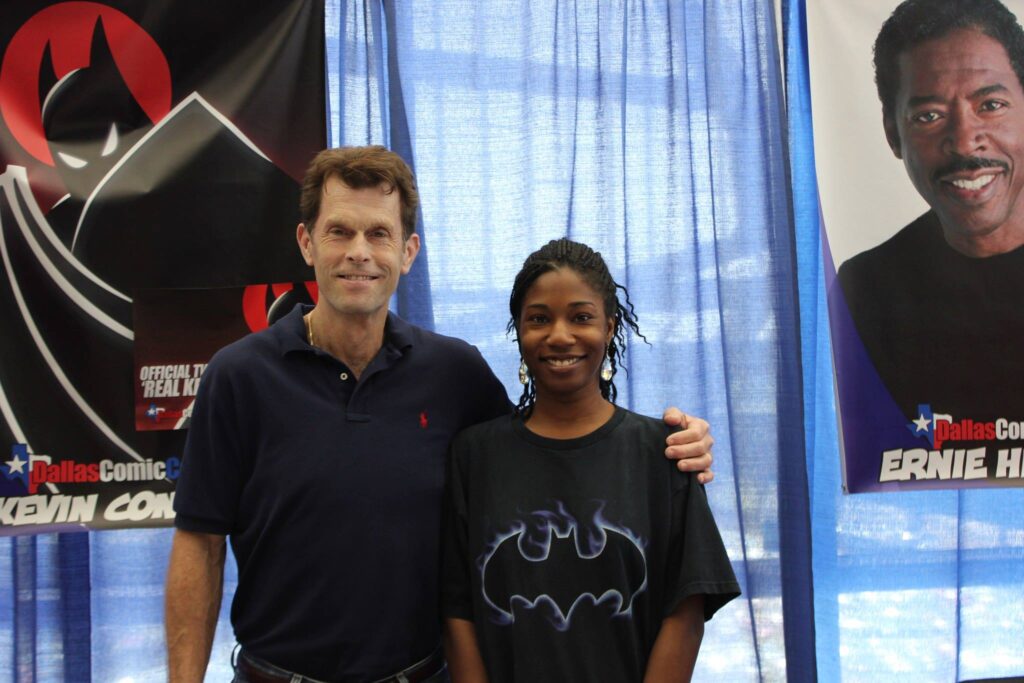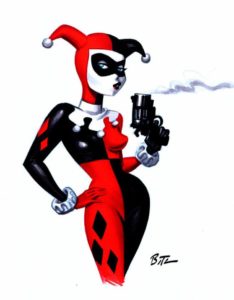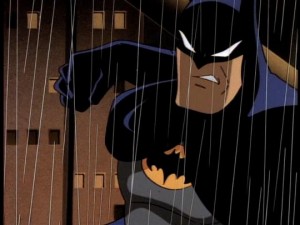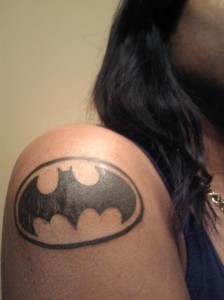Oh, good. Now I have no house AND no Val Kilmer. Congratulations, 2025. You ARE the worst year since 2020, fucking confirmed. Good job. Pat yourself on the fucking back.
Like Andre Braugher…I’mma just be real. I’m not sad. I’m angry. All the rotten little shits in this world and you take one of the most dedicated, talented actors of all time from us in this wretched year. Death is a fucking coward and this shit proves it.
Sigh. I don’t know where to start. I’ve had a deep connection to Val Kilmer’s career from the tender age of just 7 years old. He and Kevin Conroy are both solely responsible for getting me into Batlife. I’m not joking. I know that sounds odd, but let me explain.
So when you’re a seven year old, a kid friendly Batman for your already Bat-loving kid is a great idea, so I’m quite sure my parents took us to see Batman Forever. But forgetting that part, I quite literally had Batman Forever on repeat as a kid. I was obsessed. And it was of course just being a young girl infatuated with the man I consider the most attractive Bruce Wayne of the cinematic actors, but also just a dynamic, funny, colorful film where everyone committed to the cheesiness, but shockingly, the storyline still hearkened back to the comics. It’s for this reason I’ve always been fond of the movie despite knowing it heavily deviates from the comic book source it comes from. I think because they were still able to capture Bruce’s essence in the serious moments, I was still able to just love the movie.
And I really mean this—Val Kilmer is fucking why.
When people compare our Batmen so far, I know Kilmer routinely ranks low since his movie deviates so heavily from the source material (and by that, I mean Two Face’s personality being wrong and the overall tone, if you want to get specific), but I have always made a case for him during this conversation. I truly think he played Bruce as a quietly tortured man struggling with his need to save his city against the idea that he could actually be happy with a smart, strong, intelligent, compassionate woman. I LOVE that. I mean that sincerely. I absolutely fell in love with his Bruce. I loved his quiet strength. I loved his maturity. I loved his moral center. I loved his need to protect Dick Grayson and care for someone who understands that level of trauma. I know it’s odd since I’m such a stickler for canon, but in this case, I really felt Kilmer took this role and elevated it. He was a great duality of protector and caretaker, to Alfred, to Dr. Chase Meridian, and to Dick Grayson most of all. I truly admired the role and how Kilmer chose to play it. I felt that he made Bruce so accessible and so easy to root for, and he filled in all the things that I felt were a bit cold about Keaton’s performance (which is amazing, don’t get me wrong, but it’s just not the one for me). I think most of all, I was always drawn to his emotional vulnerability in a genre that’s usually very driven by testosterone. Granted, there’s always the “chicks love the car” comment, but honestly, I still chuckle at that line in spite of the ill-intent it might’ve had.
So aside from being the gateway into a pillar of my mental health, why else am I sitting here feeling low about the death of Val Kilmer?
Two words, hoes.
Doc. Fucking. Holliday.
If you’ve lived under a rock or simply don’t watch westerns (and I don’t either, I can barely name ten I like), you may have missed the most nuanced, incredible, dynamic, complicated character based on the real life figure. And oh…let me tell you ‘bout Mistah Holliday.
Now, even if you’ve never seen Tombstone, odds are at some point in your life, you’ve heard someone quote Doc fuckin’ Holliday. See if any of these gemstones sound familiar?
“I’m ya Huckleberry.”
“Say when.”
“What about you? You retired too?” “Not me. I’m in my prime.”
“Look, darlin’. That there’s Johnny Ringo. The deadliest pistoleer since Wild Bill, they say. You think I should hate ‘im?” “You don’t even know him.” “I don’t know. There’s just somethin’ about him. I don’t know. Reminds me of…me. It’s somethin’ ‘round the eyes. Yes. I’m sure of it. I hate him.”
“I got you now, you son of a bitch!” “You’re a daisy if ya do!”
“The drunk piano player. You’re so drunk, you can’t hit nothing. In fact, you’re probably seeing double.” “I have two guns. *rotates them counter clockwise in opposite fucking directions* One for each of ya.”
“Why, Johnny Ringo. You look like somebody just walked over your grave.”
“Why are you doing this, Doc? You should be in bed.” “Wyatt Earp is my friend.” “Hell, I got lots of friends.” “I don’t.”
“I might not have been as sick as I let on.”
Any of that sound familiar? Welcome to the incredible fucking writing to the 1993 woefully ignored classic, Tombstone.
And Tombstone most certainly is what it is because of Val Kilmer.
So not only was it a star studded cast of incredible actors (and Bill Paxton; I keed, I keed), the writing is simply sublime. It’s an impeccable fucking script that is so sharp, it could cut you to ribbons faster than Wyatt Earp himself. Honestly, the only thing that doesn’t work about it is the romance. It’s very unnecessary if you ask me, but it’s such a small footnote on a fantastic film.
What really works about Doc is he is a study in contrasts. This is a man with nothing to lose. He is the fastest draw in the country and when you see him at work, it’s a real treat. But he’s not just a stone cold badass. The true delight of Doc is the fact that he has a Silvertongue and he is also one of the most recklessly sarcastic motherfuckers to ever grace the silver screen. You absolutely cannot take your eyes off Doc for a single moment when he’s on screen. He owns the room, he owns the movie, and the real reason I knew the Academy was bullshit was them snubbing him that year. The performance was so amazing that one half of Siskel and Ebert originally didn’t like Val Kilmer, but he heard SO many people compliment his performance in Tombstone that he broke down, watched it, and came out with a glowing review. He converted a whole ass movie critic. Come on! Y’all gotta give it up for my boy.
And then…there’s Top Secret.
Do you love Airplane? Do you love Blazing Saddles? Top Secret is for you! Often overlooked since it wasn’t a big budget sort of affair, Top Secret is an absolutely delightful parody of spy and espionage films. It throws in oodles and oodles of references, time period or even just topical, and it’s just full to bursting with hilarious visual gags and stunts. Kilmer plays an Elvis-y rock singer who accidentally stumbles his way into a plot involved with World War II. It sounds like that wouldn’t work at all, but the zany antics are fast paced and creative and so endearing. It’s full of some of my favorite gags and bits in comedy, and Kilmer’s comedic timing is just as good here as it was in Tombstone. It’s also when he was at his youngest and cutest, so there’s also the added benefit of eye candy on top of the laughs. It’s truly a classic and if you’ve not enjoyed it, please give it a shot. It’s very silly, but very worth it.
And those are just three examples of what this man meant to me.
For a time, Val Kilmer was my safe place. As an awkward bookish kid, I always dreamt of being grown up and beautiful and smart like Dr. Chase Meridian so I could romance Bruce Wayne, and that Bruce Wayne in particular. I quote Tombstone on a weekly fucking basis. I’ve seen it dozens of times and it’s just as incredible each time. I know all the words to “Are You Lonesome Tonight?” I know how to straighten the rug.
And Val Kilmer did all of that…for me.
I don’t know how to say goodbye, Val. I just don’t. I wish I could find the words, but they’re not here. They’re gone with you on the horizon.
We lost a huge light today. Cinema will never be the same.
But don’t cry because it’s over. Smile because it happened.
You gave us so much, Val.
You gave me so much.
Every time I rewatch Batman Forever, Tombstone, Top Secret, The Ghost and The Darkness, Willow, and any of the other truly incredible roles you’ve done over the years…I will remember you and smile. You will never ever be forgotten. You brought me so much joy. You did it better than anyone. You were a legend and your legacy will live on forever on our screens and in our hearts.
Goodbye, my beloved Bruce Wayne.
Goodbye, Val.
We love you always.
A Hurting Fangirl,
Kyoko
